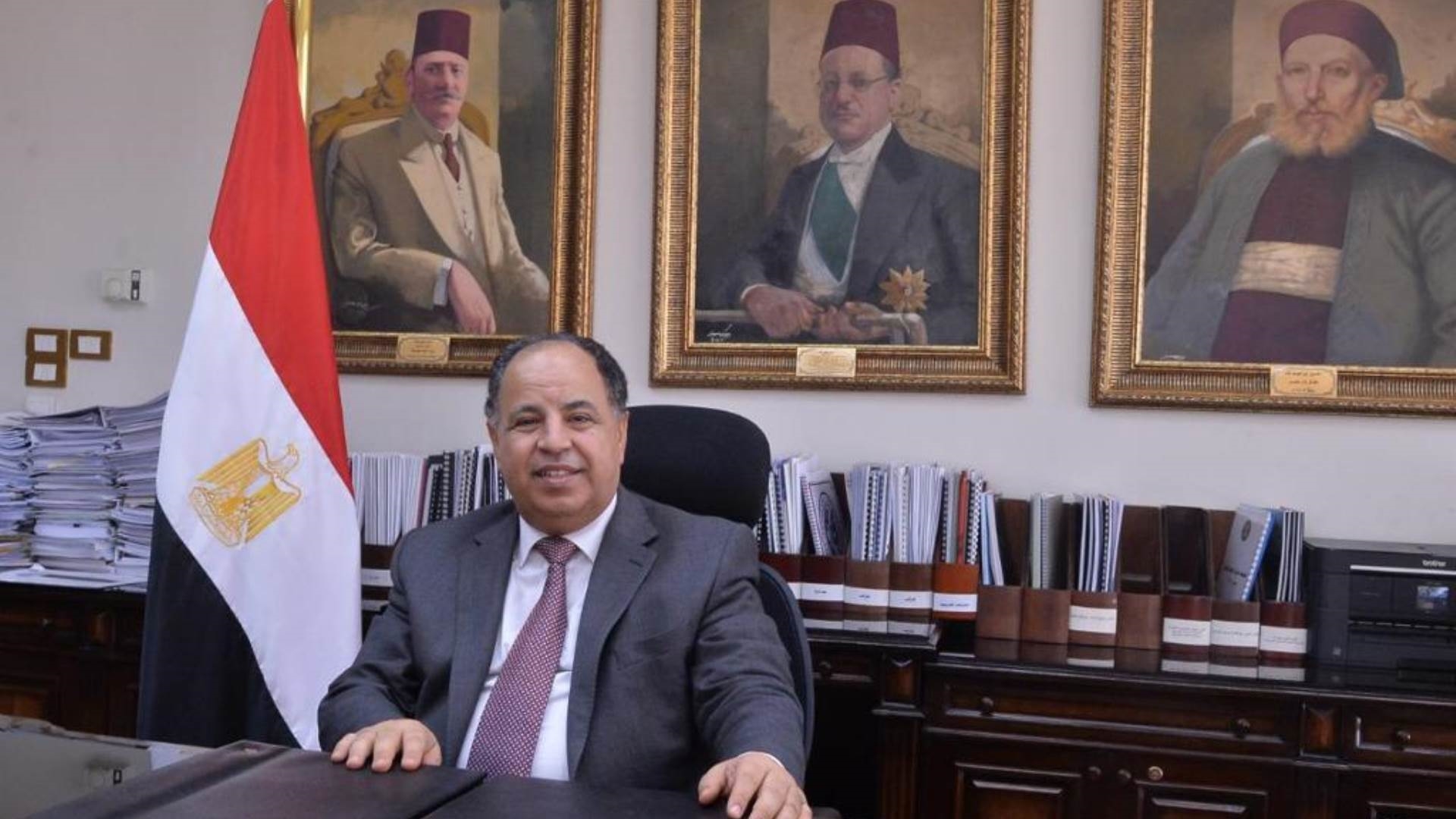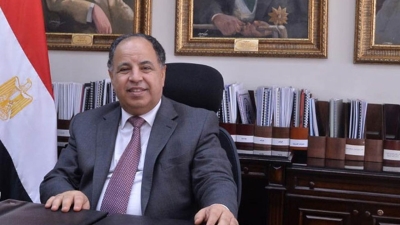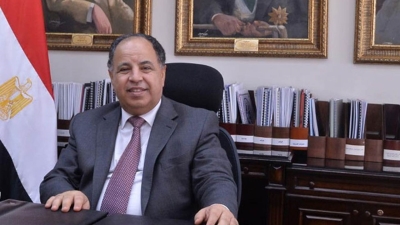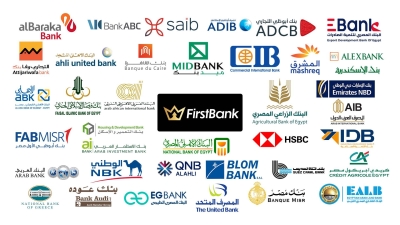Finance Minister: We've settled $52 bn in Egypt's external obligations over the past 2 years
First Bank

Dr. Mohamed Maait, the Minister of Finance, affirmed that the Egyptian economy still has the capacity to meet external financing needs, reflecting its sufficient flexibility in addressing internal and external challenges arising from geopolitical tensions.
These challenges exert significant pressure on the budgets of various countries, including Egypt, due to the difficulty in accessing international financial markets and the rising cost of financing due to increased interest rates.
Maait pointed out the possibility of Egypt obtaining around $5 bn annually under favorable conditions from multilateral development banks. This indicates the international institutions' confidence in the Egyptian government's economic path, characterized by balanced handling of consecutive global crises, financial policies capable of achieving fiscal discipline, reducing debt and deficits relative to GDP, and maintaining a sustainable primary surplus. This approach is coupled with ongoing structural reforms aimed at promoting economic growth by providing greater space for the private sector as the engine of comprehensive development. The minister commented on the decision by Fitch to downgrade Egypt's sovereign credit rating in both local and foreign currencies from "B" to "-B" with a stable long-term outlook. He stated that the Egyptian government has identified sources to meet external financing needs until the end of the current fiscal year, estimated at $ 4 bn, with a focus on diversifying international markets, especially after successfully returning to Japanese markets.
Additionally, Egypt executed its second international issuance of samurai bonds worth 75 billion Japanese yen, equivalent to approximately half a billion dollars, with a unique periodic yield of 1.5% annually over a term of 5 years.
Egypt also issued sustainable international bonds in the Chinese financial market, known as panda bonds, dedicated to financing projects worth around 5.3 billion Chinese yuan, equivalent to about half a billion dollars. The country managed to settle $52 bnof external commitments over the past 2 years despite the harsh global economic challenges.
Foreign direct investment inflows reached $10 bn during the last fiscal year, expected to rise to $12 bn this year, with an expansion in implementing the government's public offerings program aimed at empowering and encouraging the private sector to increase its contributions to economic and developmental activities. This initiative aims to create more job opportunities, enhance citizens' living standards, and improve the services provided to them.
The Suez Canal recorded revenues of $10 bn in the last fiscal year, with a target to increase to $ 12 bn this year. Structural reforms in various sectors helped overcome the repercussions of the regional crisis.
Maait emphasized that Egypt's public finances demonstrated strong performance, indicating its ability to positively and flexibly manage the effects of inflation and rising interest rates. This success reflected in Egypt achieving fiscal discipline despite intense global economic pressures. Fitch's change from a negative to a stable outlook was based on this accomplishment. The primary surplus reached 1.6% of GDP during 2022-2023, compared to 1.3% in 2021-2022, and the government aims for 2.5% this year. The total budget deficit was 6% of GDP during 2022-2023, compared to 6.1% in 2021-2022.
Maait explained that the general government debt indicators are expected to improve in the coming years through maximizing efforts to increase state revenues, enhance spending efficiency, and fully adhere to fiscal performance policies, aiming to achieve targets amid these exceptional global circumstances.
The success of the Egyptian government in developing tax administration by expanding technological solutions and digital systems contributed to a 27.2% increase in tax revenues in the last fiscal year and 34% during the first quarter of this year.
The state prioritizes expanding social protection alongside continuing structural reform agendas to flexibly handle the negative impacts of current internal and external challenges, easing the burden on citizens. The allocations for social support in the current fiscal year's budget amounted to EGP530 bn, with an annual growth rate of 20%.
Ahmed Kajok, the Deputy Minister for Financial Policies and Institutional Development, affirmed that the Egyptian government continues its path of economic and structural reforms to address unprecedented global crises faced by the Egyptian economy in general, as highlighted by Fitch's report. This includes creating an attractive business environment for private sector investments in developmental projects, relying on advanced infrastructure. He pointed out the state's success in divesting from several economic activities worth $2.5 bn within offerings program during the current fiscal year's first quarter, helping increase foreign cash flows to cover Egypt's economic needs.
Fitch's report had highlighted the increased risks of external financing for Egypt, given the rising cost of financing, interest rates, the depreciation of the pound against the dollar, and the timing of external commitments, alongside rising government debt indicators.









